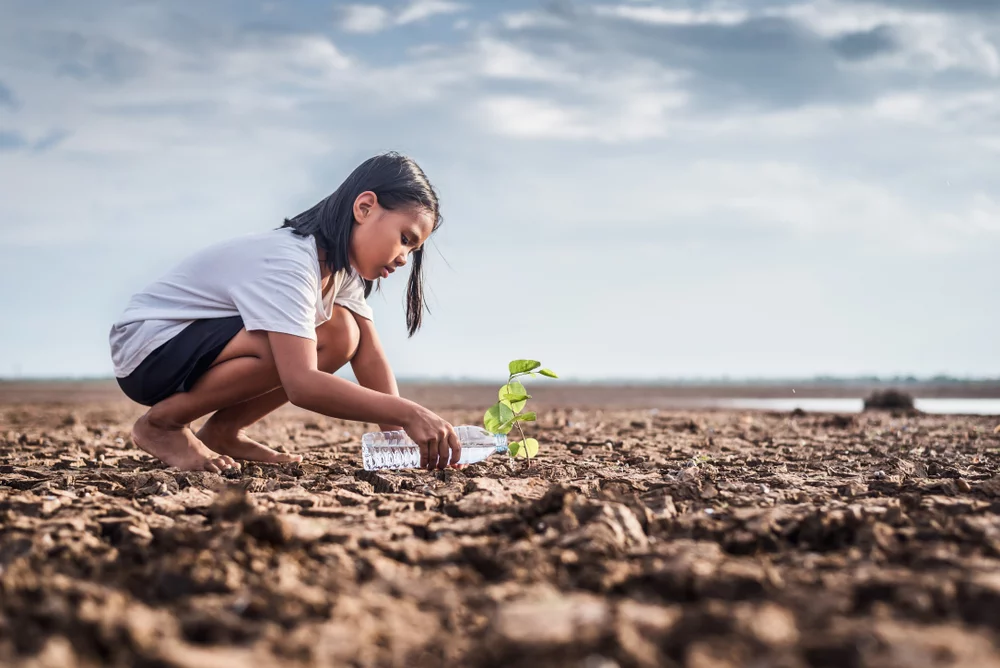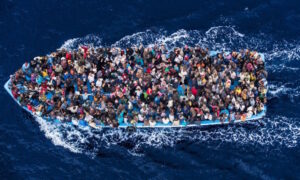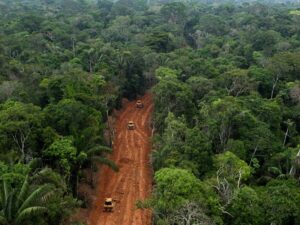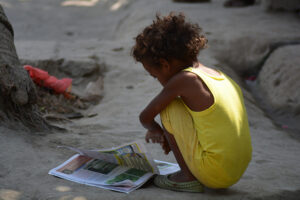
Loans from civilized countries are very similar to everyday situations. Someone intentionally causes you damage, and then comes and offers to borrow money to eliminate its consequences. You desperately agree, and then you end up depending on this ‘benefactor’, because you need to repay the loan. You work hard to pay for temporary housing and pay off loans, and you have to deny everything to yourself and your family. This situation perfectly reflects the injustice that is taking place in our world.
On her Instagram page, actress, singer and activist Connie Britton shared her impressions of her participation in the first Global Finance Summit, which was recently held in Paris. During the event, there were many discussions about the need for profound reform of the global financial system, as well as encouraging words about justice.
«We came to Paris hoping to carry out radical reforms and willing to celebrate breakthroughs in achieving equality and justice on behalf of those countries that suffer the most from climate change. Unfortunately, we were overwhelmed by disappointment as most leaders of the world’s richest countries offered insufficient solutions and made frivolous promises,» stresses the actress.
PUNCH TO THE BAR
Yet, there are several positive decisions taken at the recent summit in Paris. For example, Zambia’s $6.3 billion debt has been restructured. France has also increased its share of special drawing rights for poor countries to 40%. In addition, the President of the World Bank, Ajay Banga, has proposed suspension of credit agreements for countries affected by natural disasters.
I believe that Banga’s words are key among all the statements made at the summit. After all, a 20-year restructuring of Zambia’s debt is a temporary solution, as the country will still have to repay its loans. Zambia has been severely affected by the COVID-19 pandemic and has already declared default. Debt restructuring will only help the country to borrow again.
Banga’s logic enables tracing a clear connection between the events. I have repeatedly spoken of the main cause of the surge in natural disasters: global climate change, caused by the continued increase in CO2 emissions into the atmosphere. Who is the main producer of these emissions? Rich countries! And who suffers from natural disasters associated with the destroyed environment? Poor countries. In such a situation, it was necessary to speak not only of loans but also of full compensation for the damage caused.
Three years ago, the Commission of International Experts on Child and Adolescent Health conducted a study in 180 countries on indicators of child well-being, income levels and environmental conditions. Norway, South Korea, the Netherlands, France, Ireland, Denmark, Japan, Belgium, Iceland and the United Kingdom were among the top ten leaders. The worst child well-being indicators are in the Central African Republic, Chad, Mali, Niger and Somalia (180th).
Now let us look at the same index taking into account CO2 emissions. In this case, Norway is only 156th, South Korea is 166th, and the Netherlands is 160th. Burundi, Chad and Somalia have the lowest levels of carbon dioxide emissions.
Do not forget the 27th Conference of the Parties to the UN Framework Convention on Climate Change, which took place in Egypt in November 2022. At that time, some major contributors, together with oil and gas nations, deliberately blocked decisions to reduce greenhouse gases and phase out fossil fuels. Who suffered from this? Africa’s most vulnerable poor countries facing the climate crisis. Who won? Saudi Arabia, other oil-producing Gulf countries and China. By the way, returning to Zambia’s debt restructuring, it is worth mentioning that it owes the most to China.
WILL JUSTICE PREVAIL?
The world is facing a profound crisis in the twenty-first century, with more than 750 million people worldwide suffering from malnutrition. The crisis allowed rich countries to print money to rebuild their economies, while developing countries were unable to do so because they had to pay their debts all the time. Moreover, the cost of credit for these countries is eight times higher than for rich countries.
Currently, 52 countries are in default or pre-default. Most of these countries, as noted above, are particularly vulnerable to global climate change.
I have donated approximately 1.1 million euros to various aid programs such as the Global Gift Foundation, the Caring Family Foundation, Artists for Peace and Justice, and UNICEF Italia.
I therefore call upon rich countries to follow the example of philanthropists and generously support poor nations. You, as the world’s great powers, are the biggest contributors to climate change on the planet, and people who do not contribute to air pollution suffer. To give them credit under these circumstances is immoral, to say the least!
The good intentions expressed at the Paris Summit should be supported and developed. Moreover, we need not only to listen carefully to the ideas of the head of the World Bank, but also to take them to a higher level! Loan repayments for all countries that have suffered from natural disasters caused by climate change for 5-10 years should at least be suspended and ideally written off!





